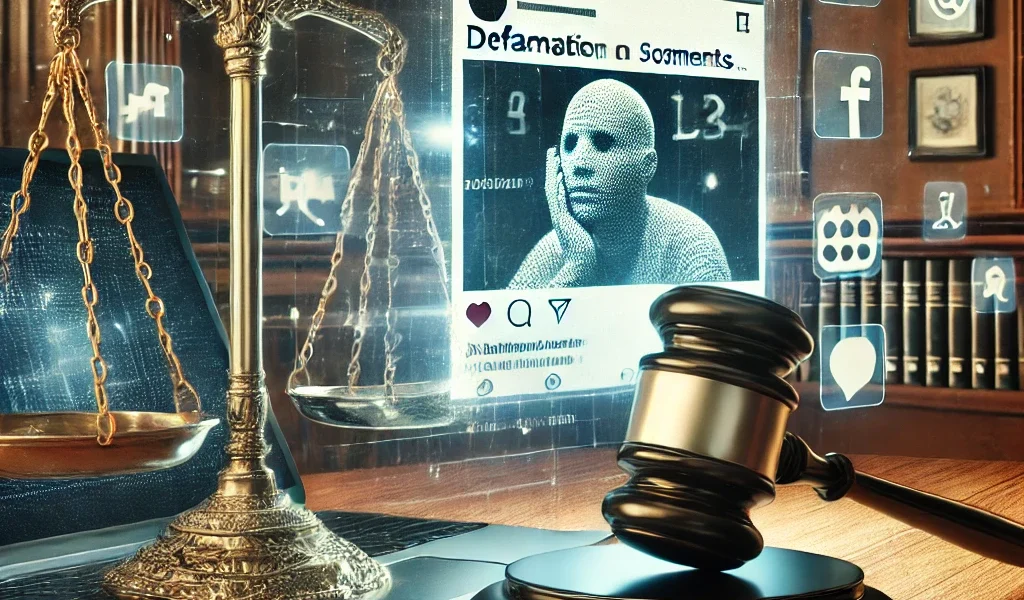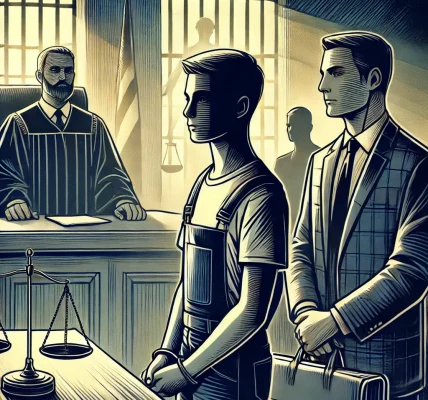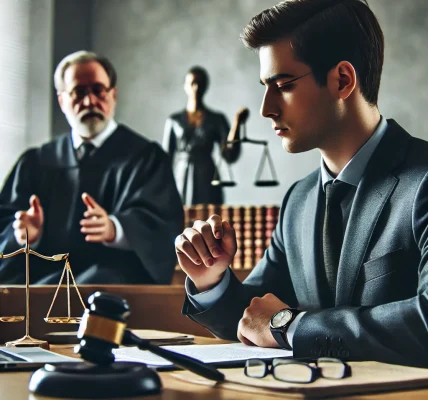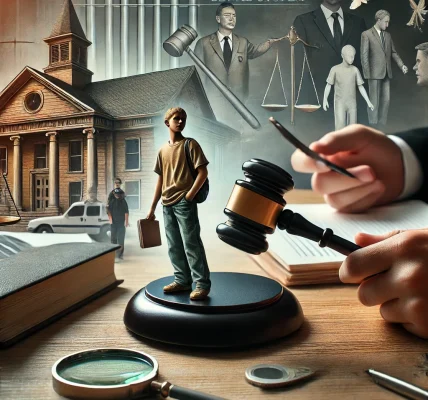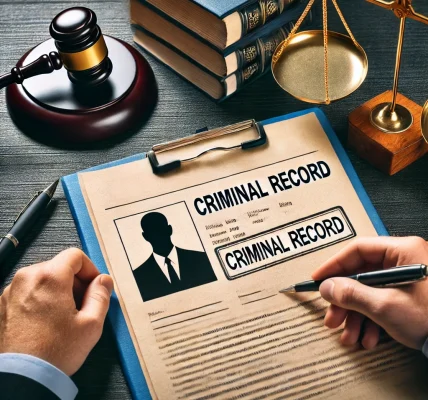Introduction
The rise of social media has transformed how people communicate, share opinions, and engage with public discourse. However, this rapid digital expansion has also introduced significant legal challenges, particularly in defamation cases. Criminal law plays a vital role in regulating online speech, protecting individuals from false allegations, and ensuring responsible social media use.
In the context of loan policies, defamatory statements made on social media can severely impact a person’s financial credibility, business reputation, and even their ability to secure loans. This article explores the legal implications of defamation on social media, the role of criminal law, and how individuals and businesses can protect themselves from online slander.
Understanding Defamation in Criminal Law
Defamation refers to the act of making false statements about an individual or entity that damages their reputation. Defamation is classified into two main types:
- Libel – Defamatory statements made in written form, including social media posts, articles, and online comments.
- Slander – Spoken defamatory statements, including video content or live streams on social platforms.
Criminal law in many jurisdictions recognizes defamation as an offense that can result in fines, imprisonment, or both, depending on the severity of the case.
The Impact of Social Media on Defamation Cases
1. Rapid Spread of False Information
- Social media allows defamatory content to spread quickly, reaching thousands or even millions in minutes.
- Viral posts can cause irreparable damage to an individual’s reputation before corrective action is taken.
2. Anonymous Defamation and Fake Accounts
- Many defamatory statements are made using anonymous accounts, making it difficult to trace the offender.
- Criminal law has adapted by allowing legal authorities to track IP addresses and hold responsible parties accountable.
3. Permanent Digital Footprint
- Unlike traditional defamation, where printed statements can be retracted, digital content remains online indefinitely.
- Courts often issue takedown orders for defamatory content, but the damage is often already done.
4. Challenges in Proving Intent
- Not all negative statements qualify as defamation; proving malicious intent or negligence is crucial in criminal defamation cases.
- Social media platforms often protect users’ freedom of speech, making legal proceedings complex.
Criminal Law Provisions for Social Media Defamation
Different countries have specific laws addressing social media defamation. Some key legal provisions include:
- Section 66A of the IT Act (India) – Addresses offensive messages sent via electronic communication.
- Communications Decency Act (USA) – Protects social media platforms from liability but allows lawsuits against individual users.
- Defamation Act (UK) – Covers online defamation and holds users accountable for spreading false information.
- General Data Protection Regulation (GDPR) (EU) – Allows individuals to request removal of defamatory content under privacy laws.
Legal Consequences of Social Media Defamation
Those found guilty of defamation on social media may face:
- Monetary Fines – Courts may order financial compensation to the victim.
- Imprisonment – Severe cases of criminal defamation may result in jail time.
- Content Removal Orders – Social media platforms may be required to delete defamatory content.
- Public Apologies – Courts may mandate public retractions and apologies.
How Defamation Affects Loan Policies and Financial Reputation
Social media defamation can have severe financial consequences, especially in terms of loan approvals and financial credibility:
- Negative Publicity Can Impact Creditworthiness – Financial institutions often review an applicant’s online presence before granting loans. Defamatory statements can lead to loan rejections.
- Business Reputation Damage – Companies defamed online may struggle to secure funding, affecting financial stability.
- Legal Cases May Lead to Asset Seizure – If defamation results in lawsuits, the accused may face financial penalties, impacting their ability to manage loans.
- Investor and Customer Trust Erosion – Defamatory posts targeting financial institutions can drive away investors and customers.
Defending Against Social Media Defamation
1. Legal Action Against Defamation
- File a complaint under criminal defamation laws.
- Seek a court injunction to remove defamatory content.
2. Social Media Reporting Mechanisms
- Platforms like Facebook, Twitter, and LinkedIn allow users to report defamatory content for review and removal.
3. Hiring Legal Experts
- Defamation cases require expert legal guidance to navigate complex laws and prove damages.
4. Maintaining Online Reputation
- Companies and individuals should engage in proactive reputation management to counteract false claims.
- Positive PR campaigns and professional responses can help mitigate damage.
Conclusion
Criminal law is evolving to address the growing challenge of social media defamation. As social media continues to influence public opinion and financial stability, individuals and businesses must be aware of their rights and legal remedies. Protecting one’s reputation is crucial in today’s digital world, especially when it impacts loan policies, business growth, and personal credibility.
Seeking legal counsel in defamation cases is essential to ensure fair legal proceedings and prevent long-term financial damage. By understanding the legal landscape and acting promptly, individuals and organizations can safeguard their reputations in the age of social media.
